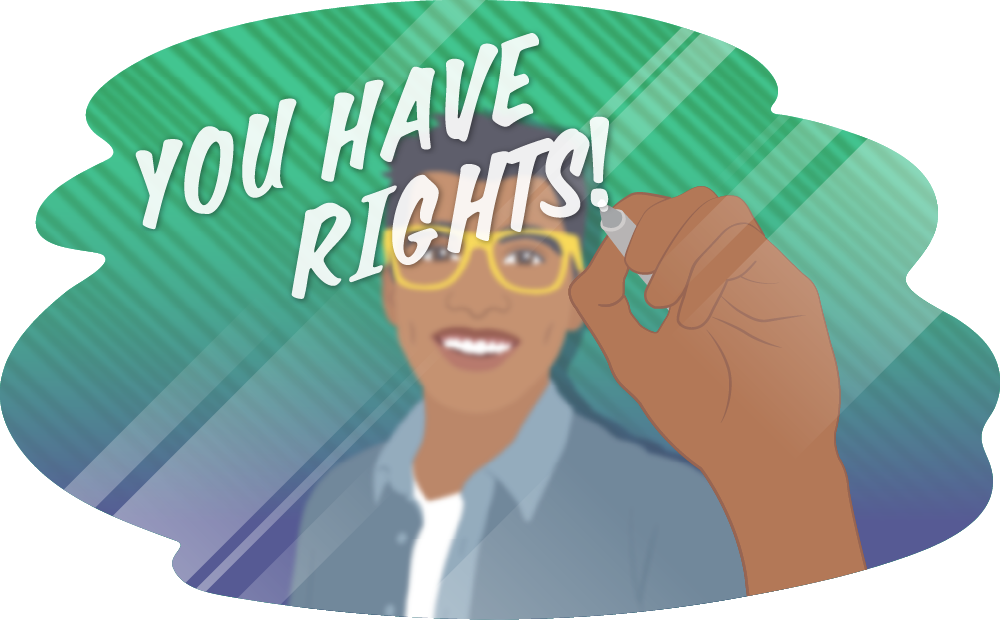All about respect
Respect is the glue that holds your relationships together. Learn ways to ...
READ MEPeople need rights to be able to live a full life. Rights are universal, which means they belong to everyone, regardless of who you are, where you live, or how much money you have.

They are based on principles of dignity, equality and respect, and are moral and legal guidelines for our standard of living.
Rights recognise the value of each person, regardless of who they are, where they live or what they think. Rights are universal and inalienable, which means they apply to everyone, and no one has the right to take your rights away.
Your specific rights include:
Since then, there have been many other treaties on human rights, including conventions to protect the rights of children, people with disabilities and eliminate discrimination against women and racism.
The Australia Government have agreed to respect and uphold many of these treaties, many of which are internationally legally binding texts. Many of our laws are designed to protect our human rights.
Kids Helpline is committed to protecting the human rights of young people living in Australia.
All about respect
Respect is the glue that holds your relationships together. Learn ways to ...
READ MEBeing assertive and setting boundaries
Improving your ability to handle tricky conversations, manage your boundaries and communicate ...
READ MEAll about work/life balance
To find a balance between work, study, and family/friends/fun, it ...
READ MEHow to ask for help
Sometimes we need help but we're not able to ask for it. ...
READ METalking helps! We’re here for you.
No problem is too big or too small.
We're here 24 hours a day, 7 days a week